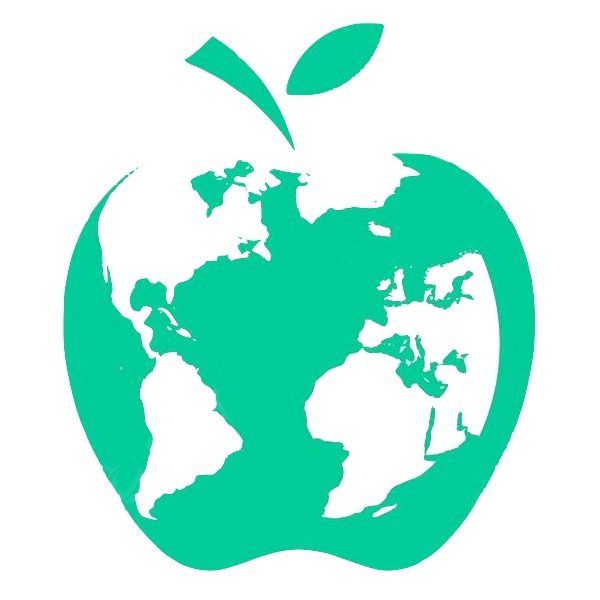Apple is planning to allow alternate app stores besides the Apple App Store on iPhones and iPads, reports Bloomberg. This would be done to deal with impending European legislation that will require the company to support “sideloading.”
Sideloading describes the process of transferring files between two local devices, in particular between a personal computer and a mobile device such as an iPhone or iPad. When referring to iOS apps, “sideloading” means installing an app in IPA format onto an Apple device using a jailbreak method or using a signing service instead of through Apple’s App Store.
Alternative app stores would allow customers to download apps without needing to use the App Store, which has been criticized (unjustly in my opinion) fro Apple’s 15% to 40% fee. Bloomberg says sideloading support is only planned in Europe for now, but could spread elsewhere if other regions implement similar legislation to the European Union’s Digital Markets Act.
The Digital Markets Act will, among other things, will require firms such as Apple to offer alternatives to its App Store and payment systems. In a March 25 press release, Cedric O., the European Union’s French Minister of State with responsibility for Digital had this to say:
The European Union has had to impose record fines over the past 10 years for certain harmful business practices by very large digital players. The DMA will directly ban these practices and create a fairer and more competitive economic space for new players and European businesses. These rules are key to stimulating and unlocking digital markets, enhancing consumer choice, enabling better value sharing in the digital economy and boosting innovation. The European Union is the first to take such decisive action in this regard and I hope that others will join us soon.
Not surprisingly, Apple strongly opposes the DMA. The tech giant told ABC News that “it was concerned that parts of the Digital Markets Act “will create unnecessary privacy and security vulnerabilities for our users while others will prohibit us from charging for intellectual property in which we invest a great deal.”
The EU is a political and economic union of 28 member states that are located primarily in Europe. Its policies aim “to ensure the free movement of people, goods, services, and capital within the internal market, enact legislation in justice and home affairs, and maintain common policies on trade, agriculture, fisheries, and regional development.”
Article provided with permission from AppleWorld.Today

